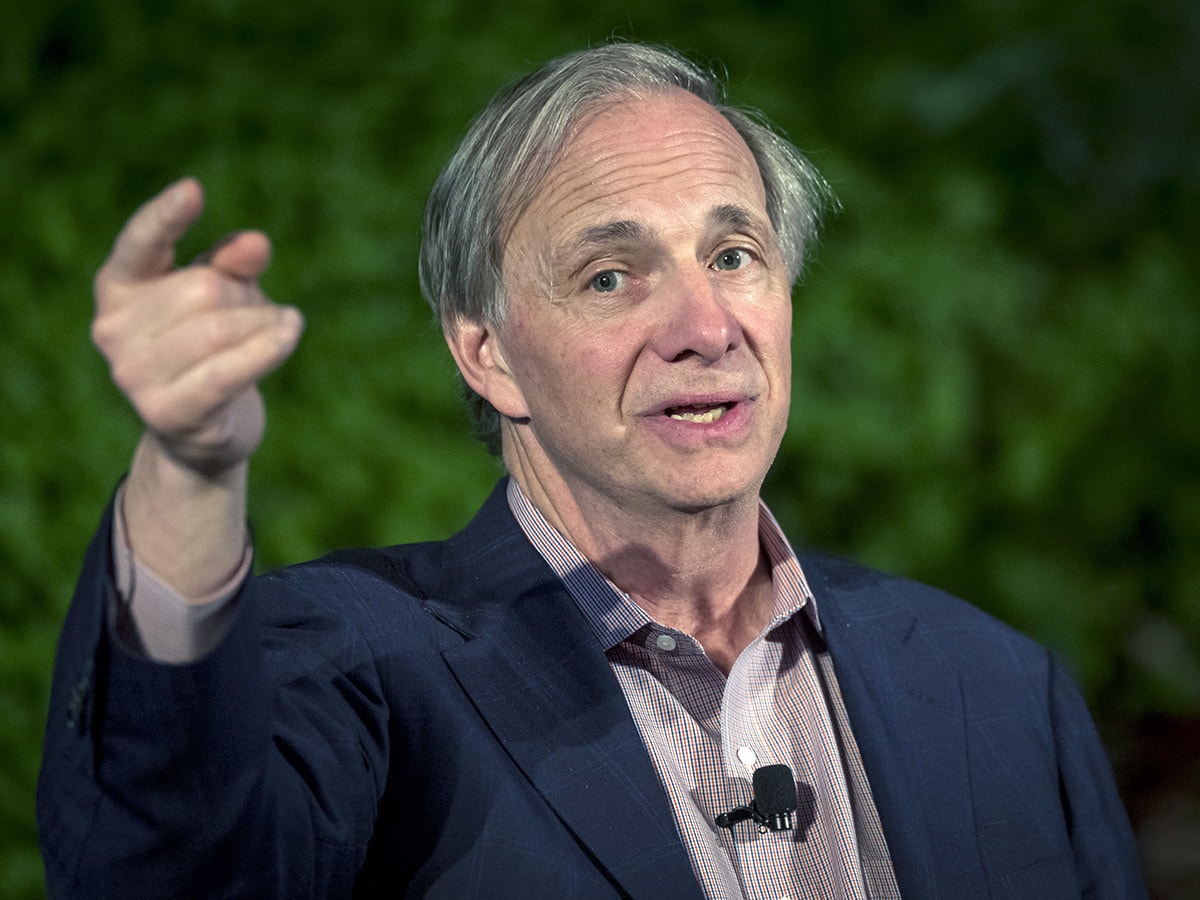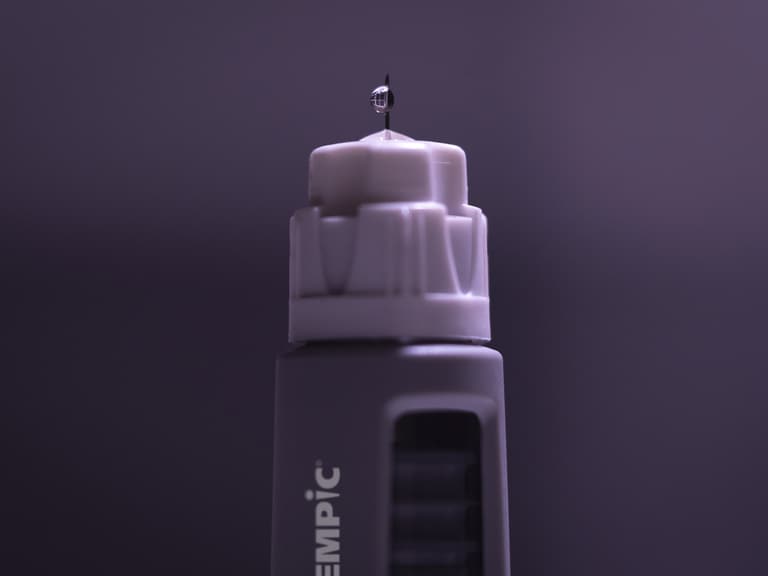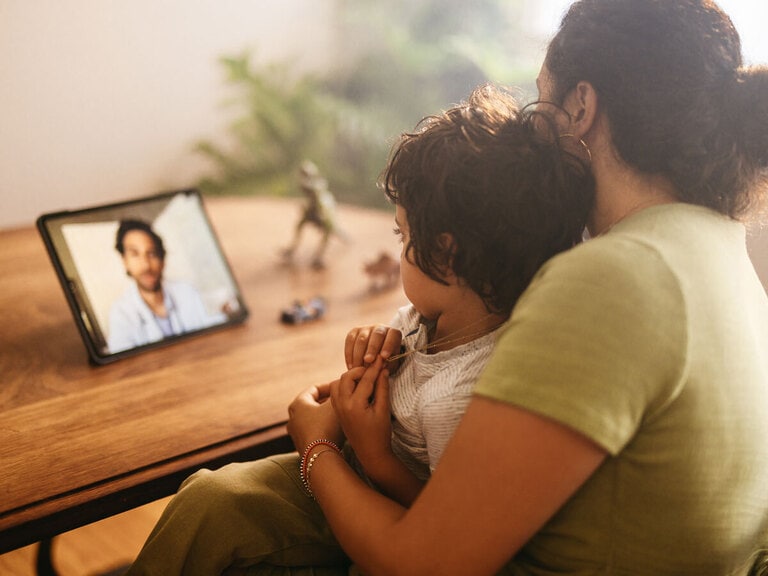One can only imagine what’s currently going on behind Bridgewater Associates’ famously closed doors right now. During March and April, the company behind the world’s largest hedge fund, founded by investing oracle Ray Dalio, lost $25bn as it failed to identify the impact COVID-19 would have on the markets.
This rocky first half of the year follows a disastrous 2019, which saw Dalio’s Pure Alpha II fund returning its first annual loss in nearly 20 years.
Ray Dalio — whose unusual people management style encourages all his staff down to the newest trainees to openly critique and dissect each other’s performance, including his own — will likely have had some difficult questions to answer.
Since its inception almost three decades ago, Bridgewater’s Pure Alpha II has averaged net annual returns of 11.1%, including an impressive 9.5% in 2008, the year of the financial crash, and 14.6% in 2018, a year where other hedge funds struggled. Last year’s dismal performance of -0.5% was already raising concern – and that was before Dalio’s catastrophic call on COVID-19.
11.1%
Bridgewater’s Pure Alpha II's average net annual returns
Bridgewater’s blip: What’s the deal Dalio?
Bridgewater, a pioneer of risk parity investing where funds choose which securities to buy based on price volatility, famously keeps the finer details of its strategy close to its chest.
The firm’s Pure Alpha funds have historically been closed to new investors, a policy that has prompted a long $5bn waiting list. But it’s thought that in early 2019, a miscalculation led Dalio’s team to short bond markets just as lower yields sent prices soaring. This was compounded in the second half of the year as Dalio placed bearish wagers on global interest rates.
The company, which trades on behalf of around 300 institutional investors in 150 liquid global markets, including stocks, bonds, currencies and commodities, tells its clients that Pure Alpha is designed to produce positive alpha against a benchmark chosen by the client, regardless of the direction of the markets, by “having no systematic biases”.
Dalio has also previously hinted that he spreads his bets. “I’m always trying to figure out my probability of knowing,” he once said. “Given that I’m never sure, I don’t want to have any concentrated bets.”
“I’m always trying to figure out my probability of knowing. Given that I’m never sure, I don’t want to have any concentrated bets” - Ray Dalio
He got it wrong at the back end of last year, when he claimed that the Fed’s continuous low-interest rates could not possibly be maintained. “This set of circumstances is unsustainable and certainly can no longer be pushed as it has been pushed since 2008,” he said in November 2019. “That is why I believe that the world is approaching a big paradigm shift.”
He was right – only, the shift didn’t manifest in the way he had anticipated, and even loyal investors who viewed 2019’s poor returns as a one-off blip will have watched in alarm as Dalio then urged investors to “get out of cash”. His bet that equities and Treasury yields would rise was spectacularly derailed by the impact of COVID, with 20% being knocked out of Pure Alpha II, which makes up around half of Bridgewater’s assets.
Dalio admitted later: “We had that long tilt because we were positioned to take advantage of the liquidity in the financial/economic system, the levels of interest rates were low relative to other assets’ expected returns, and there were no immediate signs of economic decline.”
“We had that long tilt because we were positioned to take advantage of the liquidity in the financial/economic system, the levels of interest rates were low relative to other assets’ expected returns, and there were no immediate signs of economic decline” - Ray Dalio
A posting on SEC’s website at the end of May confirmed that Bridgewater’s assets had fallen from $163bn to $138bn in the previous two months – but investors are maintaining their faith in Ray Dalio for the moment, after a person with knowledge of the matter said that the losses reported performance-related losses rather than withdrawals.
Losing faith
It has, however, been reported that “several” investors have walked away – including a $178m drawdown from pension plan company Virginia Retirement System. This has freed up for the first time in years an opportunity for Bridgewater to invite investors from its waiting list – among them Anthony Scaramucci’s SkyBridge Capital, which recently announced a $100m allocation to Bridgewater.
For all the upheaval, Dalio appears philosophical about his funds’ early 2020 performance. “We lost money,” he said. “But we can come back, remain liquid and can adjust our positions to still give (our investors) liquidity.”
So what next for Ray Dalio? For a start, he stands by his dismissal of cash. “I still think cash is trash relative to other alternatives, particularly those that will retain or increase their value during reflationary periods,” he said in April, citing “gold and some stocks” as more lucrative options.
“You need to diversify by holding assets that will do well in either a rising or a falling growth environment, or a rising or falling inflation environment, and should diversify by holding international as well as domestic asset classes.”
“You need to diversify by holding assets that will do well in either a rising or a falling growth environment, or a rising or falling inflation environment, and should diversify by holding international as well as domestic asset classes” - Ray Dalio
Ray Dalio’s ability to ride out a storm means investors can expect Bridgewater to rebound – as does his very vocal determination to learn from his errors. “What’s the risk of failure?” he once said. “What, you'll be embarrassed? If you're failing and then you learn, that is part of the moving forward.”
“So that is what the process is like,” he concluded. "Fail, learn, move forward.”
Continue reading for FREE
- Includes free newsletter updates, unsubscribe anytime. Privacy policy





